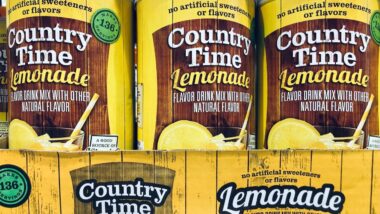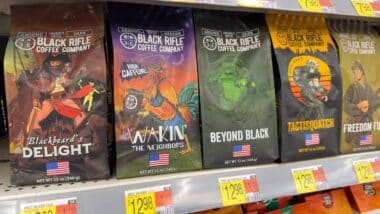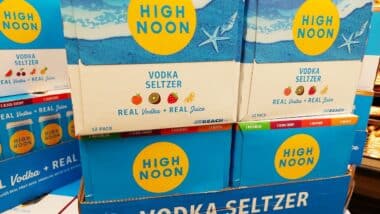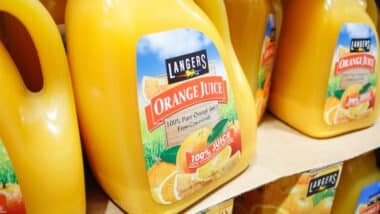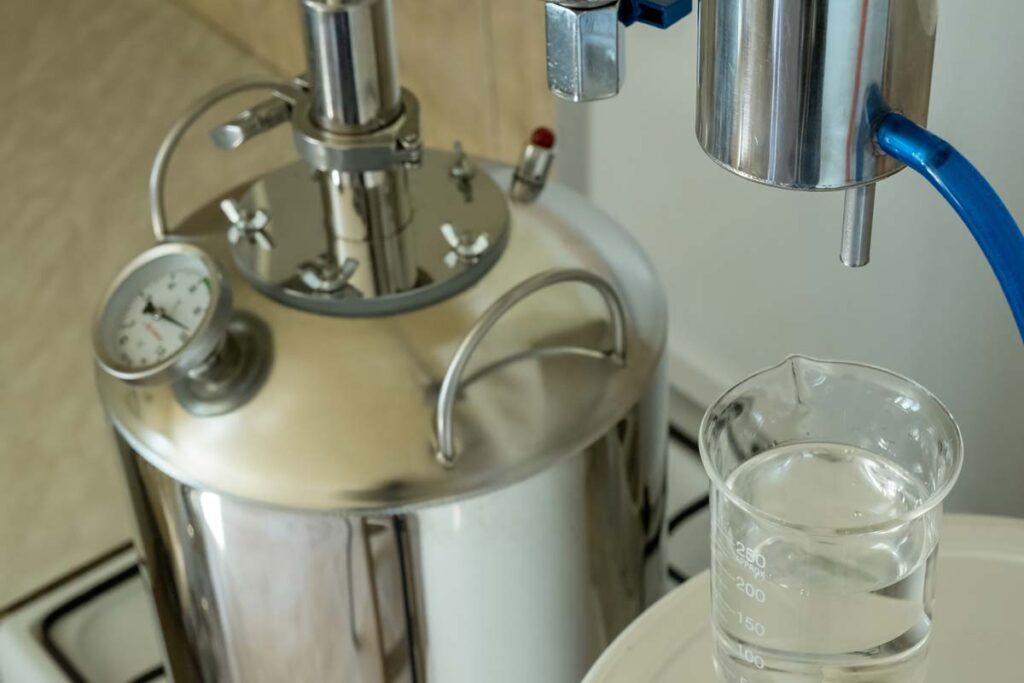
Home distilling laws overview:
- Who: A Texas federal judge has ruled that federal laws banning home liquor distillation are unconstitutional.
- Why: A home distilling group challenged the federal laws in court.
- Where: The ruling was filed in a Texas federal court.
A Texas federal judge has ruled that federal laws banning home liquor distillation are unconstitutional and that distillers should be allowed to make alcohol in their homes, sheds and garages.
On July 10, U.S. District Judge Mark Pittman filed a ruling granting a permanent injunction to a Texas-based home distilling group allowing them to brew at home, and stating that the ban exceeds Congress’ powers.
“Congress did nothing more than statutorily ferment a crime— without any reference to taxation, exaction, protection of revenue, or sums owed to the government,” Pittman wrote in his opinion.
Background on home distilling laws
The ruling was issued in response to a lawsuit filed by the Hobby Distillers Association against the U.S. Alcohol and Tobacco Tax and Trade Bureau.
Under the government’s home distilling laws, a person who uses any equipment like a still, boiler, or other tools to make alcohol can be fined up to $10,000, or imprisoned for up to 5 years, or both.
The Hobby Distillers Association challenged that ban, arguing that it was unconstitutional. It sought to prevent the government from enforcing the laws.
However, the government defended the rules, claiming their constitutionality and citing a century-and-a-half-old statutory limitation on spirit distillation.
In the end, Pittman sided with the distillers, finding that the law did indeed overstep Congress’ authority.
“The Constitution is written to prevent societal amnesia of the defined limits it places on this government of and by the people,” the judge wrote. “That is where the judiciary must declare when its coequal branches overstep their Constitutional authority. Congress has done so here.”
The court blocked the government from enforcing the laws against one individual plaintiff and the distillers group. Pittman held back the enforcement of the order for two weeks to allow the government time to appeal his ruling.
One of the government’s primary arguments was that banning homemade distillation was necessary to protect its tax revenue from other liquor sales.
However, Pittman dismissed this argument, noting that the laws banning homemade liquor do not actually raise any revenue.
He wrote that while Congress may take necessary and proper actions to effectuate valid power, the key question is whether the laws are necessary and proper to collect taxes on distilled spirits; he concluded that they are not.
Meanwhile, American consumers drank the least amount of beer in an entire generation last year, according to industry group Beer Marketer’s Insights. As of the end of December 2023, shipments of beer in the US were on track to fall below 200 million barrels for the first time since 1999.
What do you think of the judge’s decision about home distilling? Let us know in the comments.
The Hobby Distillers Association is represented by Devin Watkins and Dan Greenberg of the Competitive Enterprise Institute and Casey Griffith and Michael Barbee of Griffith Barbee PLLC.
The Home distilling decision is Hobby Distillers Association et al. v. Alcohol and Tobacco Tax and Trade Bureau et al., Case No. 4:23-cv-01221, in the U.S. District Court for the Northern District of Texas.
Don’t Miss Out!
Check out our list of Class Action Lawsuits and Class Action Settlements you may qualify to join!
Read About More Class Action Lawsuits & Class Action Settlements:
- Class action claims mini Chi-Chi’s Original Margarita bottles not actual tequila
- Vizzy class action claims mimosa hard seltzer not actually sparkling wine but beer
- Sunny D class action claims Vodka Seltzer falsely advertised as containing zero sugar
- U.S. beer consumption falls to lowest level in a generation, group finds



